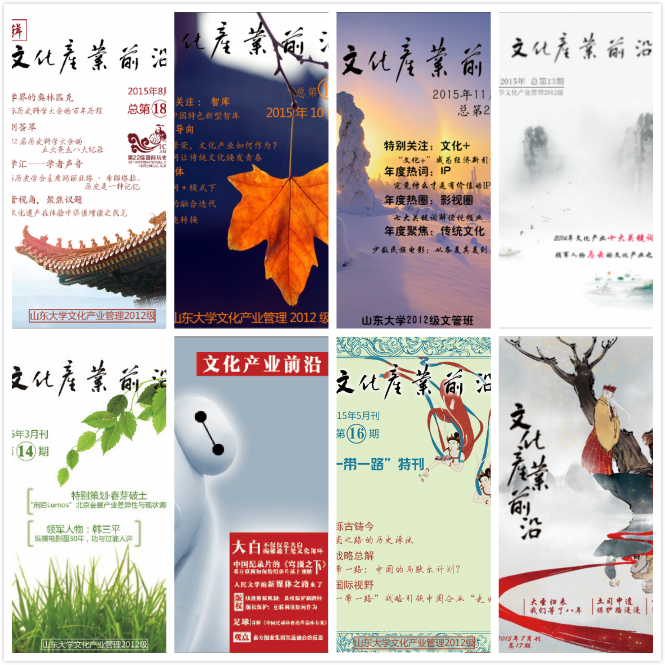Shandong University is one of the four universities that are admitted by the Ministry of Education to set up the Department of Culture Industry Management which is highly correspond to the characteristics of Chinese cultural industry and Shandong University’s academic advantage of “mastering literature and history”. Since its establishment, the educational philosophy and professional curriculum of the Department of Culture Industry Management have been affirmed and used for reference by many domestic universities, and have been evaluated as "guiding and demonstrating the construction and development of cultural industry in colleges and universities across the country".
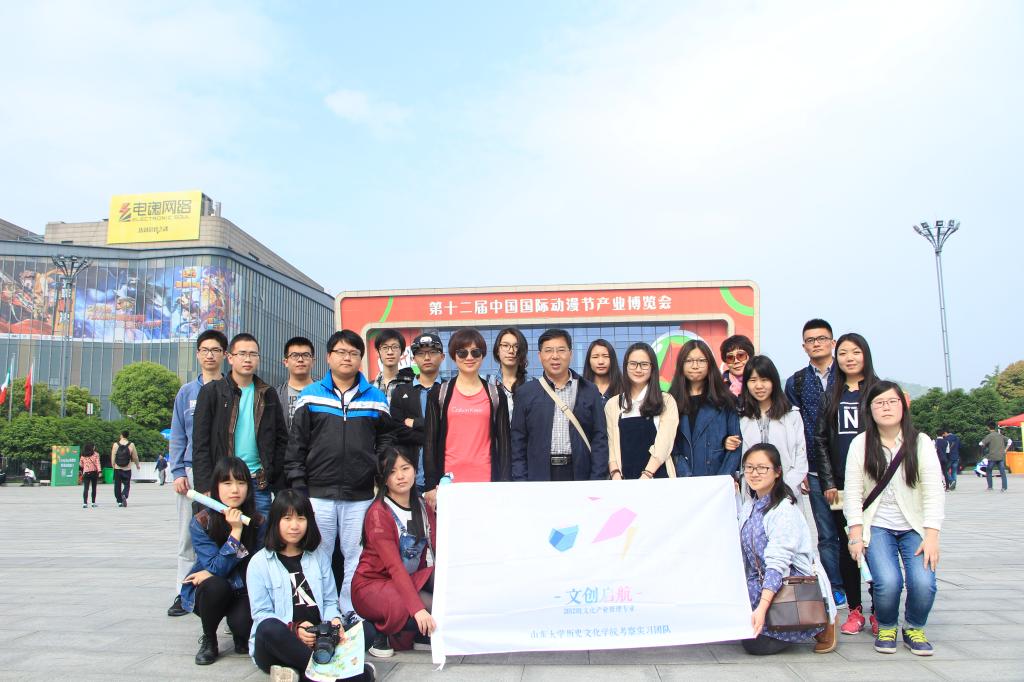
The hallmark events in the creation and development of the Department of Culture Industry Management are as follows:
——in January 2004, the Ministry of Education, for the first time, authorized the right to establish the undergraduate major of "Cultural Industry Management" to four universities, including Shandong University and Ocean University of China.
——in April 2005, the Department of Cultural Industry Management of School of History and Culture was established in Shandong University.
——in November 2003, the publicity department of Shandong provincial party committee approved the establishment of "Shandong cultural industry research base" in the School of History and Culture.
——in April 2007, approved by the academic degree office of the state council, Shandong University established the second-level master's degree program of "Cultural Industry Management", which is the first master's program of Cultural Industry Management in China’ colleges and universities.
——in 2008, the School of History and Culture began to recruit postdoctoral students dedicated to cultural industry, taking the lead in forming a complete system including undergraduate, postgraduate, doctoral and postdoctoral students in the field of cultural industry management.
——in 2010, Shandong university, as the first university in China, decided to open the major of Cultural Industry Management to students as the second major.
——in 2015, Shandong University established an interdisciplinary "Cultural Industry Research Institute" based on the Department of Cultural Industry Management.
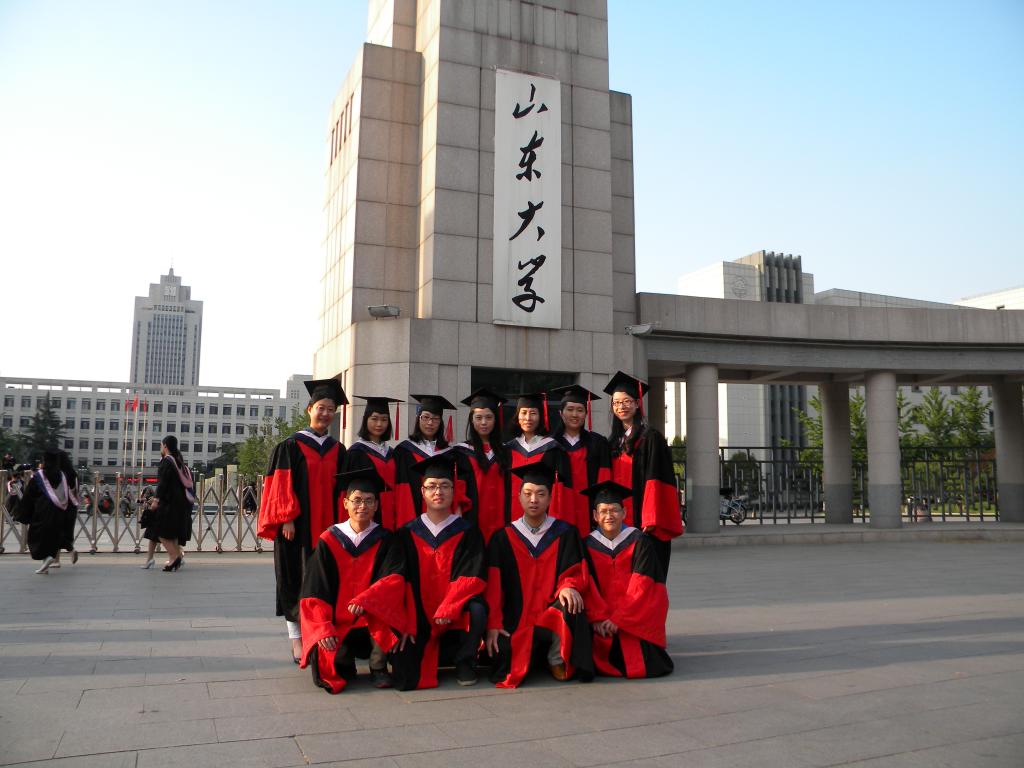
From 2016 to 2018, In the "Evaluation Report on Chinese Universities and Disciplines" jointly released by China Science Evaluation Research Center and China Education Quality Evaluation Center of Wuhan University, the major of Cultural Industry Management of Shandong University has been ranked the second in the country for three consecutive years among more than 100 universities opening this major.
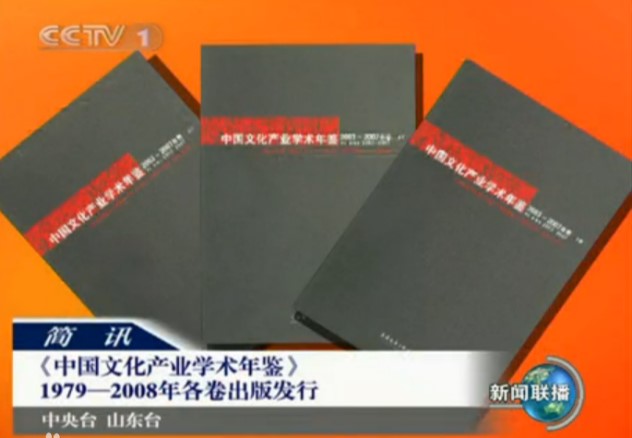
With reasonable age and discipline structure, the Department of Cultural Industry Management has 12 full-time teachers. At present, they are undertaking four national social science fund projects, more than ten provincial and ministerial projects and several horizontal projects. The academic leader of the Department of Cultural Industry Management professor Wang Yuji is a doctoral supervisor, former member of cultural industry expert committee, chief expert of Shandong Cultural Industry Research Base, member of history teaching steering committee of the ministry of education, guest judge of national social science fund evaluation committee, and judge of the third session of the evaluation committee of humanities and social science. Professor Shao Minghua, dean of the department, was selected as "Taishan industry leading talents" in the category of industrial innovation, which was the first time that liberal arts scholars of our university were selected in Taishan industry leading talents projects.
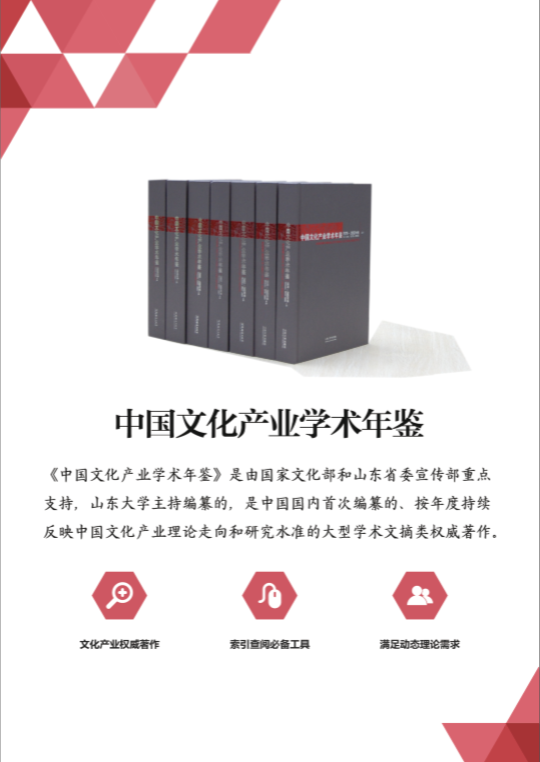
The landmark achievements created by the Department of Cultural Industry Management mainly include the publishment of “Academic Yearbook of Chinese Cultural Industry” (1979-2008, 7 volumes, 16 million words) and “Basic Teaching Materials of Cultural Industry in Colleges and Universities” (including 18 books). "Academic yearbook" was praised as a "landmark contribution", by CCTV "news broadcast" and drew other major mainstream media’s attention, and the Ministry of Education, in the form of "briefing", reported to the political bureau of the central committee, the standing committee of the National People's Congress, the state council and other party and state leading departments. "Basic teaching materials" is the only series of undergraduate teaching materials compiled by front-line teachers of the this major in China, which lays a solid foundation for the construction of the major of Cultural Industry Management and maintains its leading position in the teaching field of China's cultural industry. In addition, in recent years, many teachers have independently published papers and monographs.
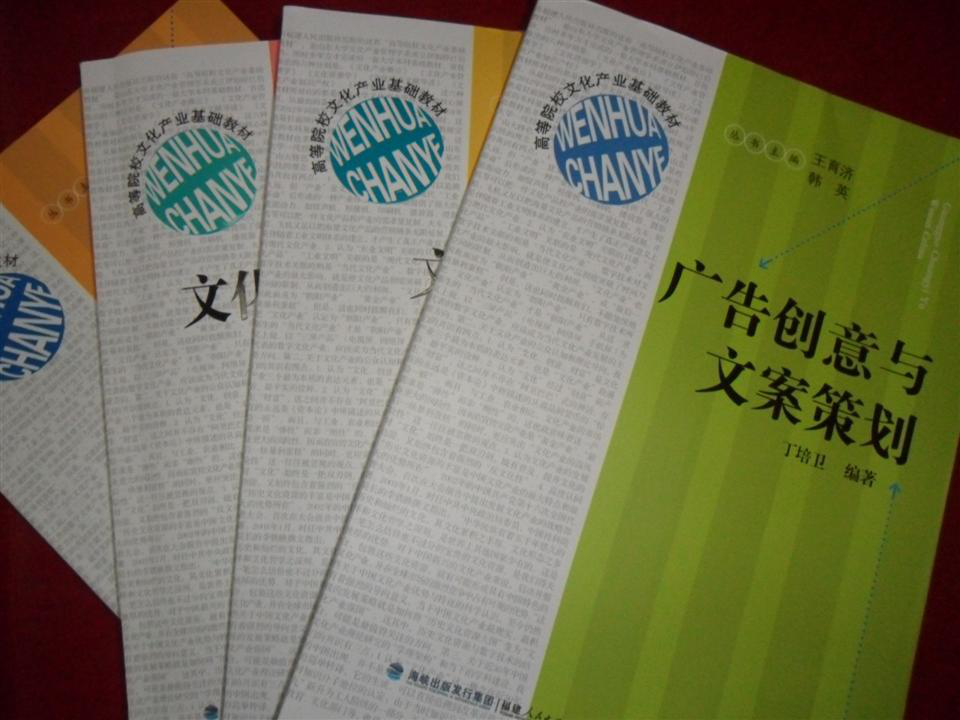
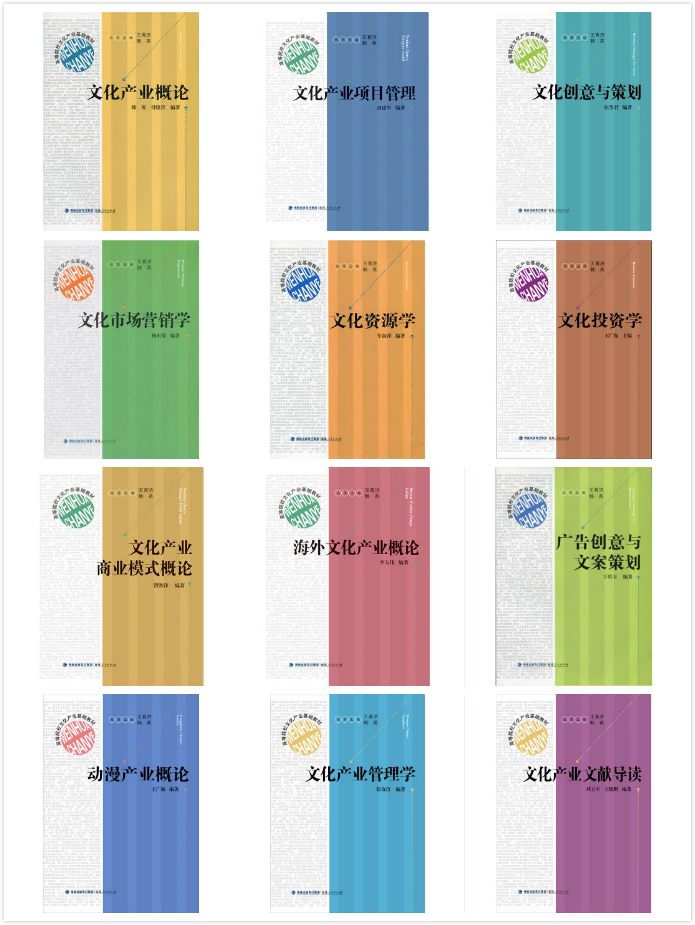
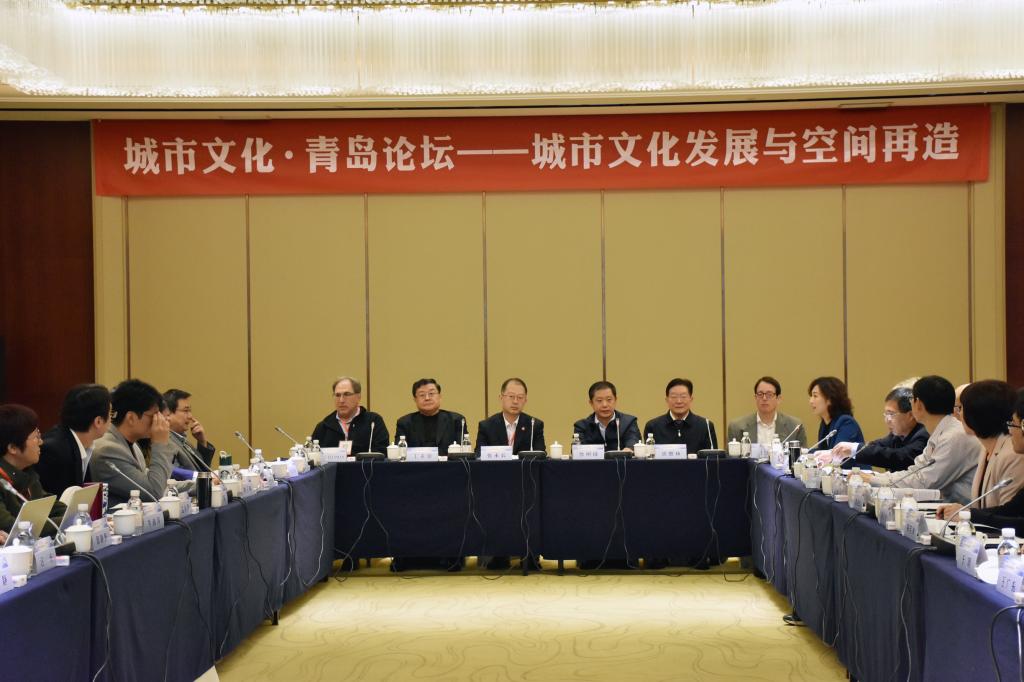
Over the years, undergraduate education has always insisted on cultivating "compound cultural management talents with the ancient and modern cultural vision, modern industrial concept and knowledge about operation and management ". Students pay attention to learning the basic theory of culture resources, cultural economics and cultural industries and understanding the industry characteristics and business model of the new form of cultural industry, cultural industry brand and project management, Regional cultural industry planning and cultural tourism, familiar with the cultural industry policies and regulations, and are able to create, plan and operate. The graduates will be granted the bachelor's degree in Management.
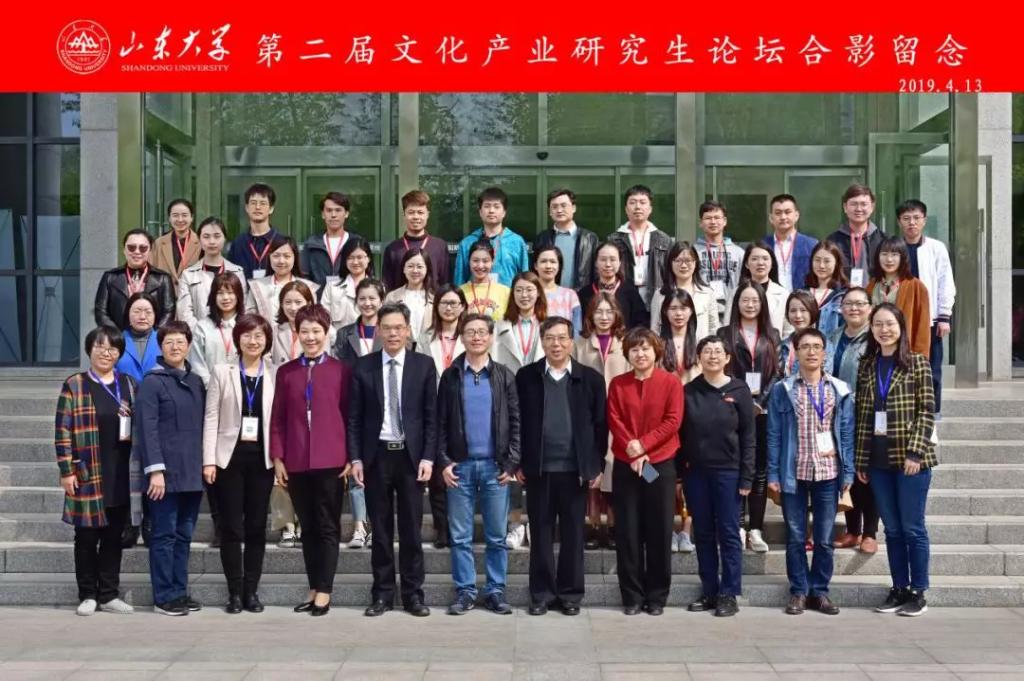
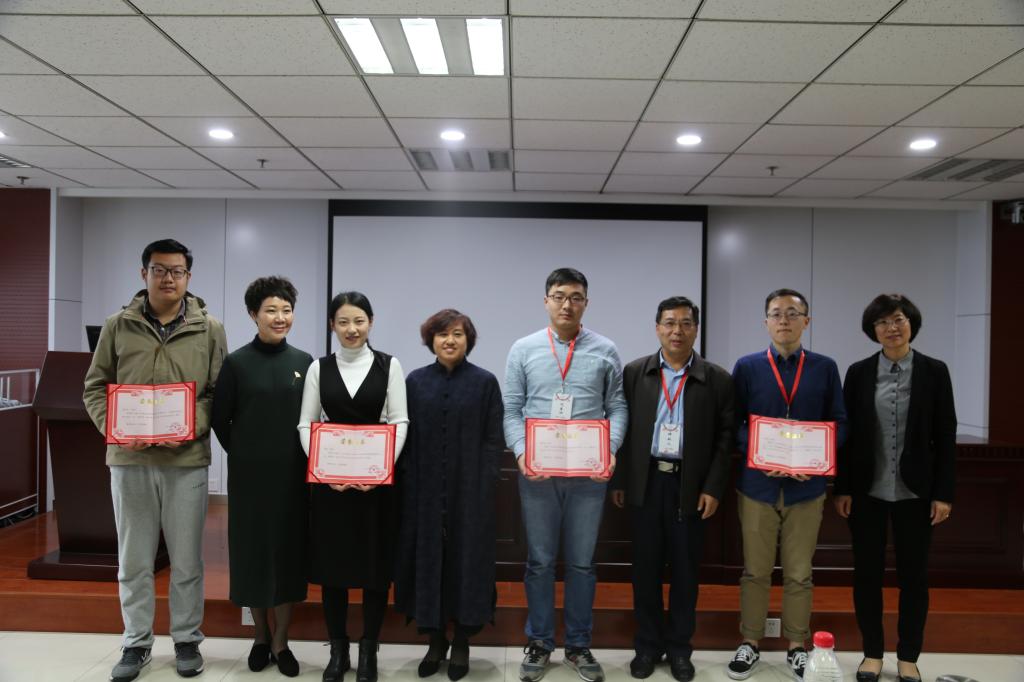
There are three career development directions for graduates. The graduates are employed by central state organs, provincial and municipal organs, CCTV, Xinhua news agency, Tencent, Hengdian Group and other well-known enterprises and institutions, and the students can be recommended to be exempted from examination or be admitted to the Master degree candidate of key colleges and universities such as Shanghai Jiao Tong University, Zhejiang University, Wuhan University and Nanjing University; Third, students will go to Hong Kong, Macao, Taiwan and overseas for postgraduate study. The targeted universities include King's College London, University of Southern California, University of Toronto, University of Warwick, Leiden University and other world-class universities.
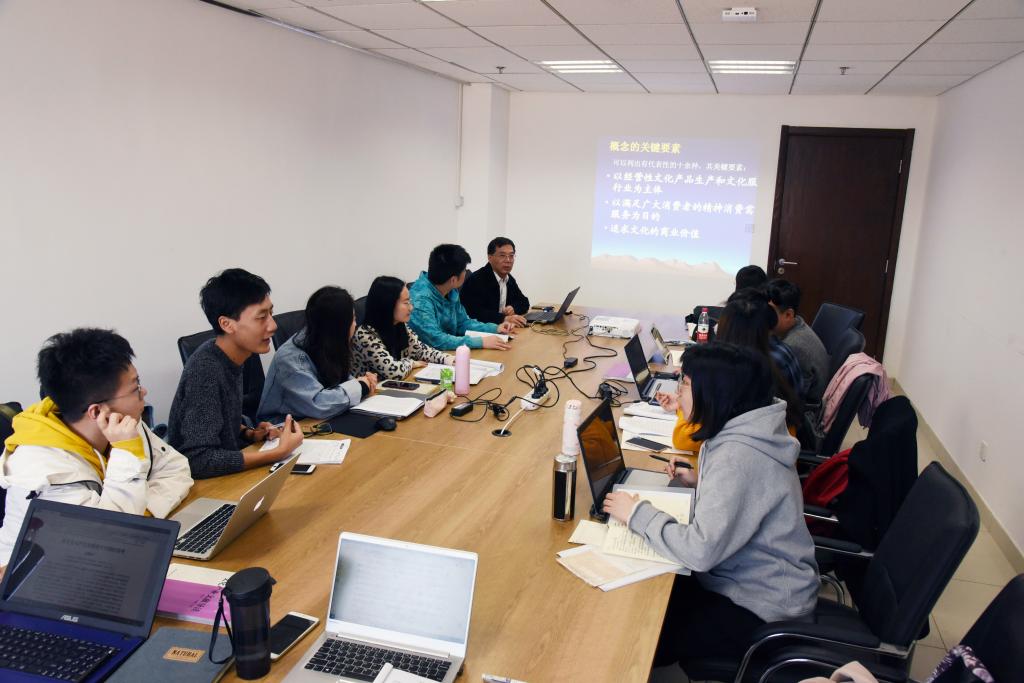
There are three academic directions for postgraduate education: cultural resources and cultural industry, regional cultural industry and digital cultural industry. Academic master students are recruited under the two first-level disciplines of Chinese History and Management Science and Engineering, and doctoral students are recruited in the direction of cultural industry under Chinese history.
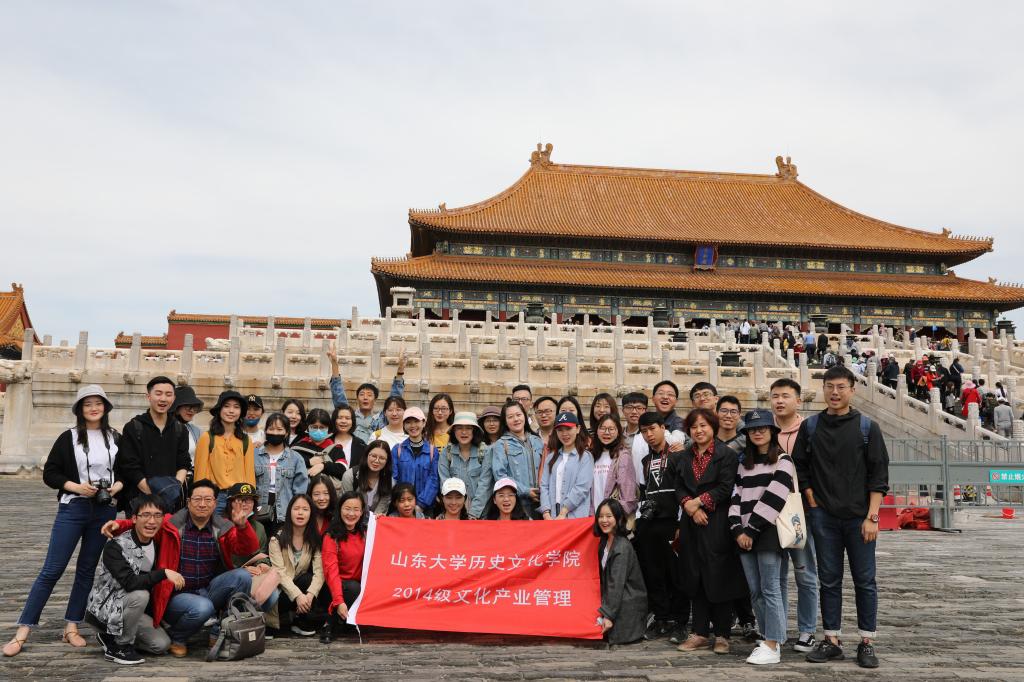
The Cultural Industry Management major attaches great importance to the quality of postgraduate education and academic exchanges, and initiated and founded Shandong University’s forum on cultural industrial for postgraduate student. The forum builds a high-end academic platform for young students majored in Cultural Industry Management and other related majors from different universities, represents the latest development trends of disciplines, expresses cutting-edge academic views, and gathers academic research strength. Students are sent to Leiden University in the Netherlands, Boston University and the University of Sydney for academic exchanges. Up to now, master graduates of Cultural Industry Management have maintained a 100% employment rate for five consecutive years, and mainly employed by the central government, provincial and municipal government agencies, mainstream media such as Xinhua news agency, TV stations and newspapers, Tencent, Hengdian Group, IQIYI and other well-known enterprises, which are widely welcomed by all walks of life.
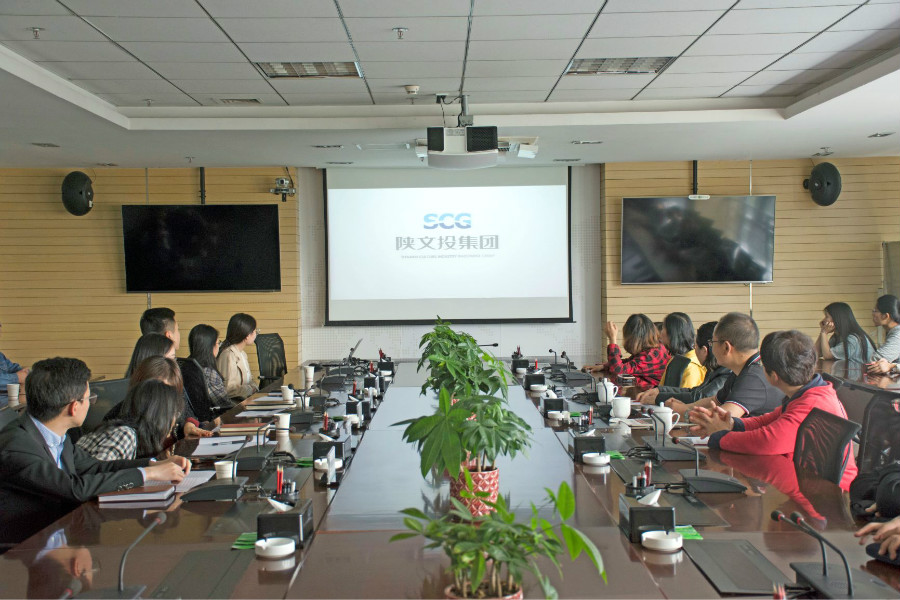
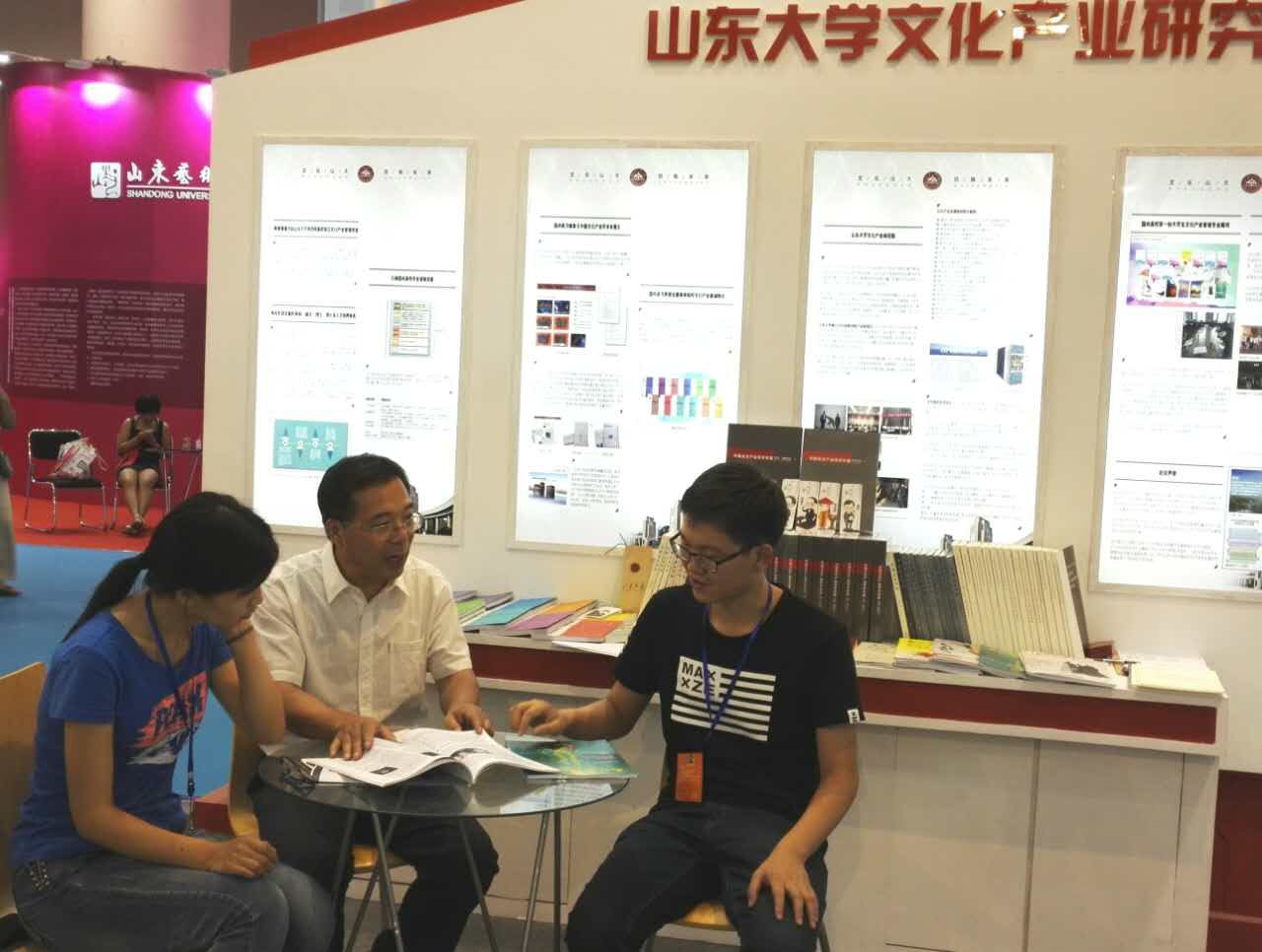
The Department of Cultural Industry Management has always attached great importance to giving full play to its professional expertise, serving the society and paid attention to the practical education of talent cultivation. Through exploration, a relatively standardized and effective social practice system for undergraduates and postgraduates has been preliminarily formed. In recent years, teachers have led their students to do cultural industry research on regional culture resources and characteristics, actively participated in the process of Qi-Lu culture creative transformation and innovative development, the replacing old growth drivers with new ones in Shandong province, the implementation of rural revitalization strategy and the construction of think-tank. Students independently set up "cultural industry club" and electronic journal "cultural industry frontier", and initiated various types of cultural creative activities. All these efforts contribute to the economic and social development of Shandong province and China, actively promote cultural inheritance and innovation, and are conducive to the professional growth and success of students.

